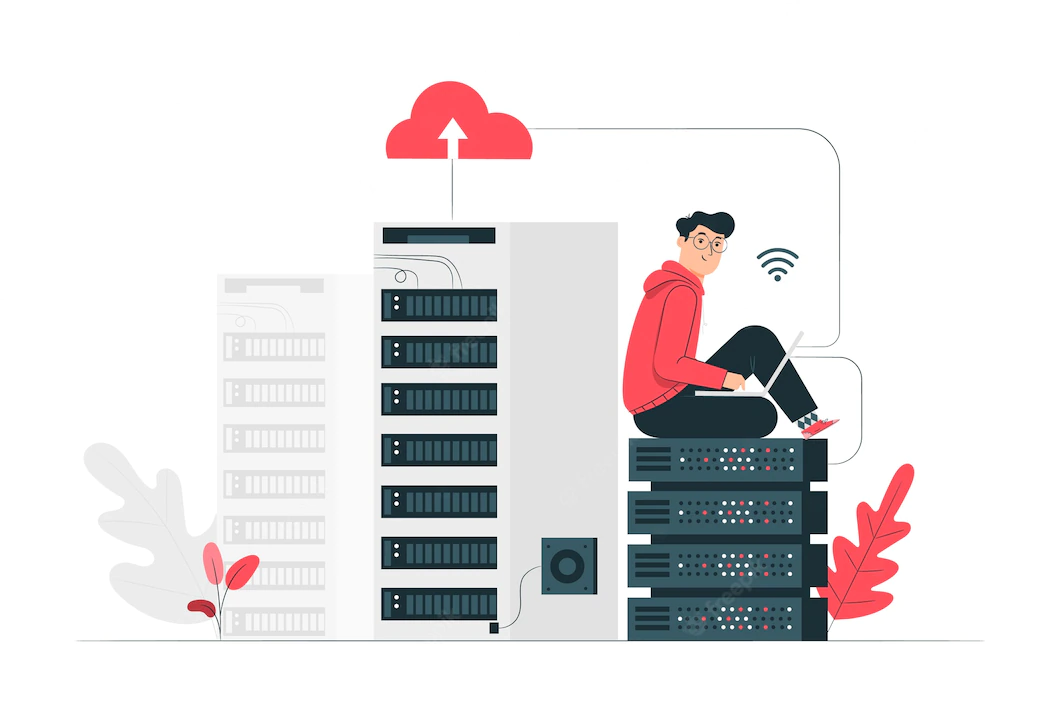Cost of developing a database and when to hire a database developer
When should I hire a database developer?
If you’re not sure when to hire a database developer, here are some things to consider:
1. The size of your database. If your database is small, you may be able to get away with handling development and maintenance yourself. However, as your database grows in size and complexity, you’ll likely need to bring on a specialist.
2. The type of database you’re using. If you’re using a traditional RDBMS (Relational Database Management System), you’ll need a developer who is familiar with that system. If you’re using a newer NoSQL or big data platform, you’ll need someone with experience in those technologies.
3. The level of complexity in your database design. If your database is relatively simple, you may not need a full-time developer. However, if it’s complex (with multiple tables, relationships, and data types), you’ll likely need someone who can dedicate themselves to keeping it running smoothly.
4. Your budget. Hiring a database developer can be expensive, so you’ll need to factor that into your decision. If you can’t afford a full-time developer, you may be able to get by with a part-time or contract worker.
5. Your development needs. If you’re simply looking for someone to maintain your database and perform occasional updates, you won’t need a high-level developer. However, if you’re planning on adding new features or expanding your database in other ways, you’ll need someone with more specialized skills.
So, when should you hire a database developer? The answer depends on your specific needs and circumstances. However, as a general rule, if your database is growing in size and complexity, or if you’re not confident in your ability to handle development and maintenance yourself, it’s time to bring on a specialist.

What is the cost of a database development?
The cost of database development can be broken down into two main categories: hardware and software. The cost of hardware includes the cost of the servers, storage, and networking equipment needed to support the database. The cost of software includes the licenses for the database management system (DBMS) and any other software needed to support the database.
The hardware cost can vary depending on the size and complexity of the database. For a small database, the hardware cost may be as low as a few thousand dollars. For a large enterprise-level database, the hardware cost can be millions of dollars.
The software cost can also vary depending on the size and complexity of the database. For a small database, the software cost may be a few hundred dollars. For a large enterprise-level database, the software cost can be tens of thousands of dollars.
In addition to the hardware and software costs, there are also costs associated with maintaining the database. These costs include personnel costs (e.g., salaries, benefits, and training), hardware maintenance, and software maintenance. The personnel costs can be significant for a large database. For example, a database administrator may earn a salary of $100,000 per year.
The total cost of a database development can range from a few thousand dollars to millions of dollars, depending on the size and complexity of the database.
Contact us for more info.
